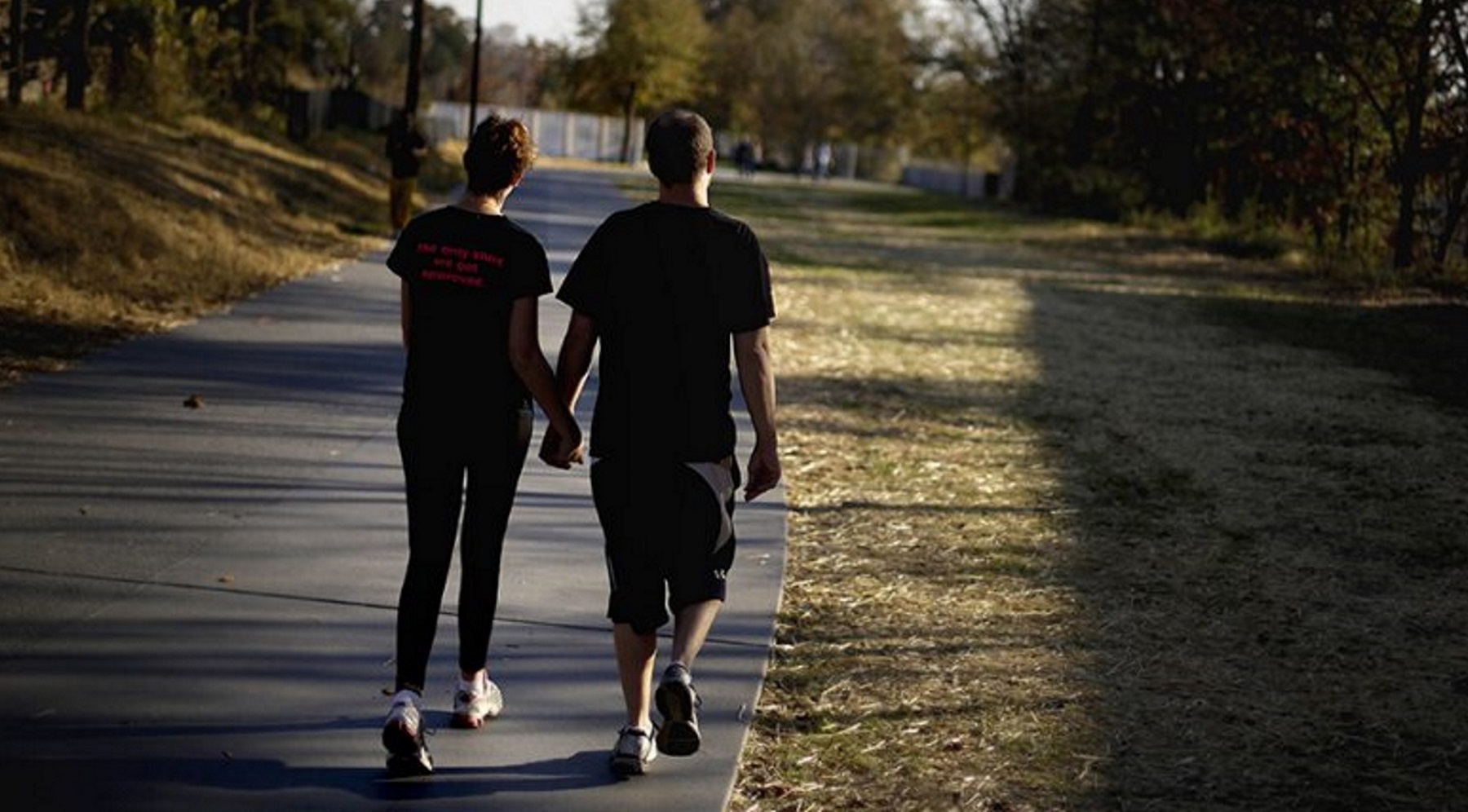In Ga. Legislature, 2 Resolutions On The Environment, 2 Outcomes

One resolution, the Georgia Outdoor Stewardship Act, could raise about $20 million a year for conservation projects. Georgia voters will be asked on the November ballot if they want to dedicate some of the sales tax the state already collects to conservation.
David Goldman / Associated Press file
An amendment to the Georgia Constitution to spend more money on trails and parks may be on the ballot later this year.
It’s a victory for conservation advocates who lobbied for it for two years in the state Legislature, but another funding issue backed by environmentalists didn’t fare as well.
The resolution that failed would have created a constitutional amendment saying that when the state collects fees, that money has to go to what the fee says it goes to, instead of to Georgia’s general fund. For instance, a fee on tires; environmentalists want that money to be used to clean up illegal tire dumps.
That legislation, nicknamed “Trust Fund Honesty,” had support from local governments, too.
“The trust fund needs to be used for what it was designed to be used for. It doesn’t need to be discretionary,” Floyd County manager Jamie McCord said in February. “I mean, everybody’s paying these fees.”
The resolution passed the state House with only one vote against it, but it never made it out of committee in the Senate.
The other resolution did better. Supporters call it the Georgia Outdoor Stewardship Act, and it could raise about $20 million a year for conservation projects.
“Through the economic downturn and even after, it’s been difficult for the state to keep up a level of maintenance and access,” said Robert Ramsey, president of the Georgia Conservancy.
The money could go toward buying and maintaining state-owned land, like parks and wildlife management areas. It could also go to local communities to be used as matching dollars for new parks and trails.
The legislation will be on the November ballot asking Georgia voters if they want to dedicate some of the sales tax the state already collects to conservation.







